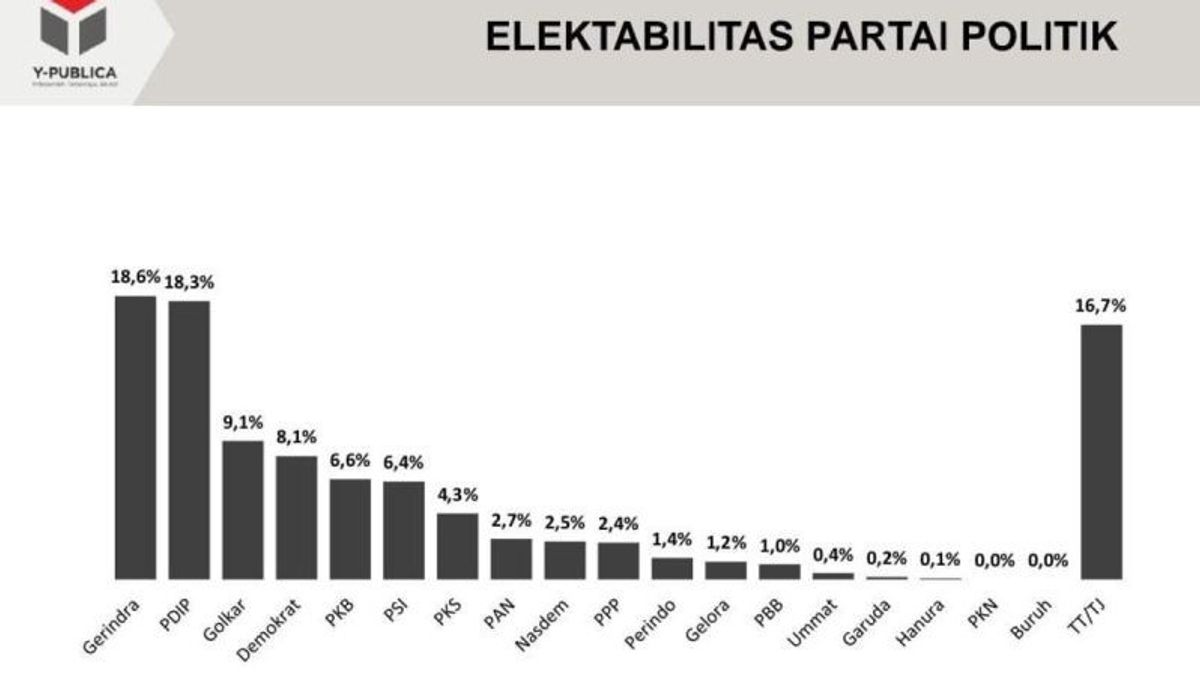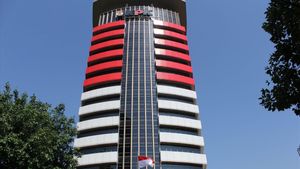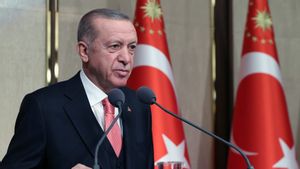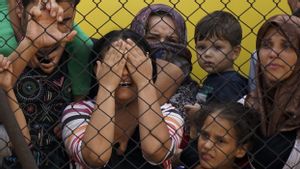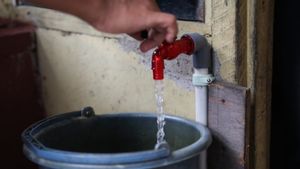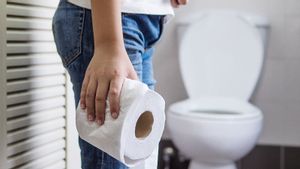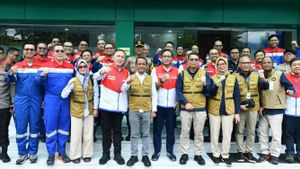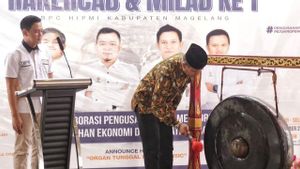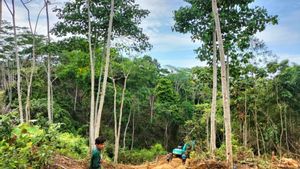JAKARTA - The results of the Y-Publica survey show that Gerindra's electability has increased significantly throughout 2023, until it has the opportunity to shift the dominance of PDIP.
Gerindra's electability continued to skyrocket to overtake PDIP, which previously always occupied superior positions, said Y-Publica Executive Director Rudi Hartono as reported by ANTARA, Saturday, December 2.
Y-Publica survey findings show Gerindra's electability reached 18.6 percent, slightly adrift of PDIP, which is now 18.3 percent.
PDIP's strength had plummeted in the April survey after the excitement of rejection of the Israeli national team's presence at the U20 World Cup, where Indonesia plans to host.
PDIP's electability slowly strengthened again, but it was not enough to face the Gerindra spike. As a result, Gerindra also overtook and likely came out victorious in the upcoming 2024 election.
According to Rudi, Gerindra's soaring electability was supported by high public support for Prabowo in the presidential election.
"Gerindra enjoys the coattail effect the most considering the strong asiosation of Prabowo as the figure of the party's general chairman," said Rudi.
For the record, Gerindra was formed as a political vehicle for Prabowo after losing to the Golkar presidential candidate convention in 2004. Gerindra made its first debut in the 2009 election where Prabowo ran as vice presidential candidate to accompany Megawati, who is the presidential candidate of the PDIP.
The coalition between PDIP and Gerindra continued in the 2012 DKI Jakarta Pilkada which catapulted Jokowi to the national stage. However, divisions occurred until PDIP and Gerindra faced face-to-face during the two elections, sparking strong opposition between Jokowi and Prabowo supporters.
The polarization began to melt after Jokowi offered reconciliation and collaborated with Prabowo to enter the government after the 2019 election.
"From rivals during the two elections, Prabowo developed into Jokowi's strong ally at the current 2024 General Election," said Rudi.
Rudi explained that the correlation between the presidential election and the legislative election was proven by the increase in votes and the acquisition of Gerindra seats after two elections, even now with a strong chance to win first place or beat PDIP.
On the other hand, PDIP, which had fallen, now seemed desperately trying to defend itself so that it would not decline again.
"The PDIP camp strategy that carries Ganjar's candidacy to attack Jokowi is part of an effort to consolidate internal parties," explained Rudi.
SEE ALSO:
Moreover, he continued, the entry of Jokowi's eldest son who is now the mayor of Solo, Gibran Rakabuming Raka, as Prabowo's vice presidential candidate, has the potential to erode the core strength of PDIP in Central Java, which has been predicted to be a bull cage.
The dynamics in the two and a half months of the campaign period until voting day will greatly determine whether the competition between the two parties that are both members of the government coalition will lead to changes to the map of the election winner or PDIP being able to rebound again.
The third place is still occupied by Golkar with 9.1 percent electability, followed by Democrats who tend to decline and now 8.1 percent.
"The Democratic position as the opposition continues to weaken, increasing with the failure of Agus Harimurti Yudhoyono to win a vice presidential ticket," said Rudi.
The Democrats bounced from the Change Coalition which carried the presidential candidate Anies Baswedan, after the Muhaimin Iskandar camp entered and was declared a vice presidential candidate.
"PKB remains in the top five with slightly corrected electability to 6.6 percent," added Rudi.
Next, the Indonesian Solidarity Party (PSI) increased its electability to 6.4 percent, followed by PKS (4.3 percent), PAN (2.7 percent), Nasdem (2.5 percent), and PPP (2.4 percent).
After that there were Perindo (1.4 percent), Gelora (1.2 percent), and PBB (1.0 percent), followed by Ummat (0.4 percent), Garuda (0.2 percent), and Hanura (0.1 percent). PKN and Labor have zero support, while the rest stated that they did not know / did not answer as much as 16.7 percent.
The Y-Publica survey was conducted on November 15-22, 2023, to 1200 people representing all provinces in Indonesia. Data was taken through face-to-face interviews with respondents who were selected by multistage random sampling. Margin of error is up to 2.89 percent, the confidence level is 95 percent.
The English, Chinese, Japanese, Arabic, and French versions are automatically generated by the AI. So there may still be inaccuracies in translating, please always see Indonesian as our main language. (system supported by DigitalSiber.id)
